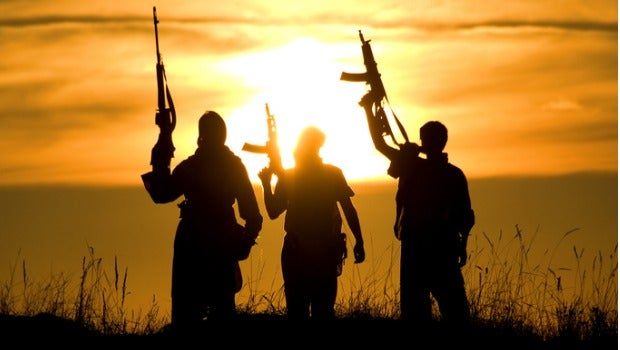In response to last night’s State of the Union address, Aspen Institute program directors are reacting to President Barack Obama’s promises to tackle some of the biggest issues facing the nation today. Below, Jonathon Price, deputy director of the Aspen Strategy Group, explains why foreign policy was not a major part of the president’s speech.
The State of the Union is a speech aimed mainly at a domestic audience, but was certainly dissected late last night by embassies along Massachusetts Ave. in Washington, and in capitals from Beijing to Berlin, trying to glean some insight into President Barack Obama’s priorities in 2014. Given the audience, it should come as no surprise that the first 45 minutes were devoted mainly to domestic issues with some tie-ins to international affairs.
But before we dismiss foreign policy as an afterthought in this particular speech, it is worth noting that the most powerful and poignant part of the night came with the introduction of Sgt. First Class Cory Remsburg. It showed, in a very vivid and powerful way, what President Obama meant when he talked about the demands of citizenship and the sacrifices that citizens make for their country.
What that moment did not articulate is that Sgt. Remsburg is one of only 0.5 percent of Americans who serve in the armed forces. During World War II, more than 12 percent of the American population served. Though we clearly do not need the level of forces from World War II, we must be mindful that the challenges President Obama mentioned remain daunting. Afghanistan, al Qaeda, and Iran will indeed be big tests for the United States in 2014.
But indeed, many foreign policy issues were missing from the speech. President Obama was silent on Egypt in the paragraphs devoted to democracy. There was no mention of North Korea’s nuclear weapons when he spoke of Iran’s nuclear programs, and Syria received two sentences in the entire speech.
Importantly though, President Obama took a strong stand for recalibrating our diplomatic and military instruments, saying, “I strongly believe our leadership and our security cannot depend on our military alone.” As he noted, diplomacy has been one of America’s greatest strengths and should continue to be at the forefront of how we face today’s new threats.
Both of these instruments will surely be needed in 2014 and well beyond, and the balance of their use was one of the questions members of the Aspen Strategy Group asked ourselves at our 2013 annual workshop in Aspen. So as Congress continues to debate austerity measures and considers whether to continue shrinking both the Defense and State Departments’ budgets, we must ensure, as Obama noted, that “as we reform our Defense budget, we have to keep faith with our men and women in uniform, and invest in the capabilities they need to succeed in future missions.”
There will certainly be a dissection in the coming days of who applauded when, and for how long, but we should certainly not forget the story of Sgt. Remsburg. Hopefully that narrative will help ensure that both the State Department and the Defense Department have the resources and means to lay the foundation for their success on all the challenges America will face in 2014. That is certainly something worth applauding.

